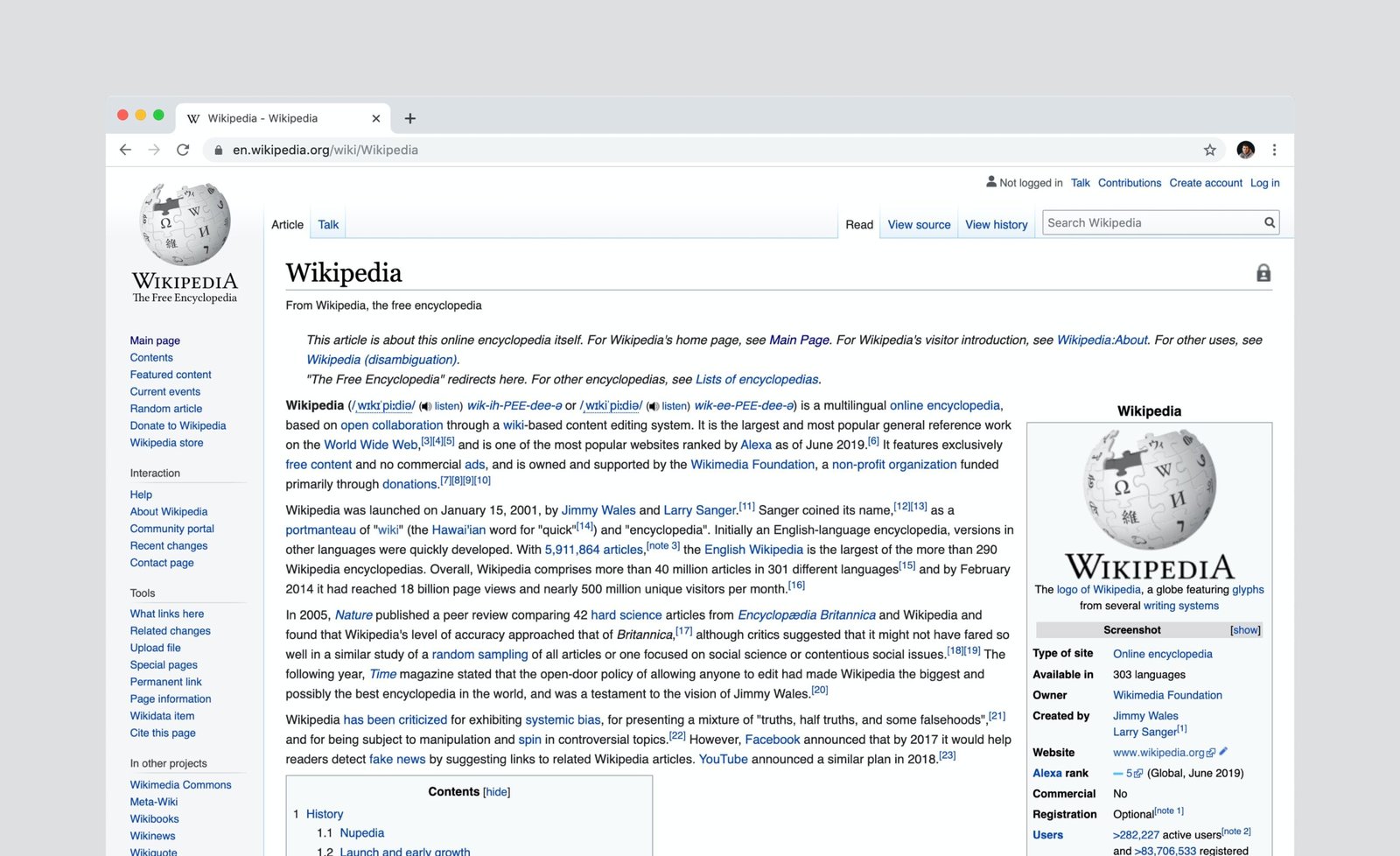On January 15, 2001, a revolutionary online platform called Wikipedia was launched. Co-founded by Jimmy Wales and Larry Sanger, Wikipedia quickly became one of the largest and most popular reference websites in the world. Its launch marked a significant milestone in the history of the internet, as it introduced a groundbreaking model of collaborative knowledge creation and sharing.
Wikipedia’s mission was simple yet ambitious: to provide free access to knowledge for everyone around the globe. Unlike traditional encyclopedias, which relied on a small team of experts to write and edit content, Wikipedia opened its doors to volunteer contributors from all walks of life. This inclusive approach allowed for a vast repository of information to be created, covering a wide range of topics and perspectives.
Since its inception, Wikipedia has grown exponentially. Today, it boasts millions of articles in hundreds of languages, making it one of the most comprehensive sources of information available. Its success can be attributed to its dedicated community of volunteers who tirelessly contribute their time and expertise to ensure the accuracy and reliability of the content.
One of the key features of Wikipedia is its open editing system. Anyone with internet access can make edits to existing articles or create new ones. While this democratic approach has its challenges, such as the potential for vandalism or misinformation, Wikipedia has implemented robust mechanisms to ensure the quality of its content. The community of editors actively monitors and reviews changes, reverting any inaccurate or malicious edits.
Over the years, Wikipedia has become an invaluable resource for people seeking knowledge and information. Whether you’re a student researching a term paper, a professional looking for quick facts, or simply a curious individual exploring a new topic, Wikipedia is often the first place to turn to. Its user-friendly interface and comprehensive coverage make it a go-to source for millions of users worldwide.
Wikipedia’s impact goes beyond individual users. It has also influenced the way information is shared and accessed online. The concept of collaborative knowledge creation has inspired other platforms and projects, leading to the emergence of wikis in various fields. Today, wikis are used in businesses, organizations, and even governments to facilitate collaboration and knowledge sharing among employees and stakeholders.
The success of Wikipedia can be attributed to its commitment to the principles of openness, collaboration, and free knowledge. By relying on the collective wisdom of volunteers worldwide, Wikipedia has been able to build a vast and diverse repository of information that is constantly evolving and improving. Its model has challenged traditional notions of authority and expertise, democratizing the creation and dissemination of knowledge.
As we celebrate the 20th anniversary of Wikipedia’s launch, it is worth reflecting on the impact it has had on our lives. From settling debates at the dinner table to providing essential information during times of crisis, Wikipedia has become an indispensable part of our digital lives. Its continued success relies on the dedication of its volunteers, who work tirelessly to ensure that knowledge remains free and accessible to all.
In conclusion, the launch of Wikipedia in 2001 marked a turning point in the way we create, share, and access knowledge. Its innovative model of collaborative editing and open access has transformed the landscape of online information. As we look towards the future, it is exciting to imagine how Wikipedia will continue to evolve and shape our understanding of the world.
SEO Excerpt: Explore the launch of Wikipedia in 2001, a groundbreaking event that revolutionized the way knowledge is created and shared online. Discover how Wikipedia’s open editing system and dedicated community of volunteers have made it one of the most comprehensive and reliable sources of information today. Celebrate 20 years of free access to knowledge for everyone around the globe.

